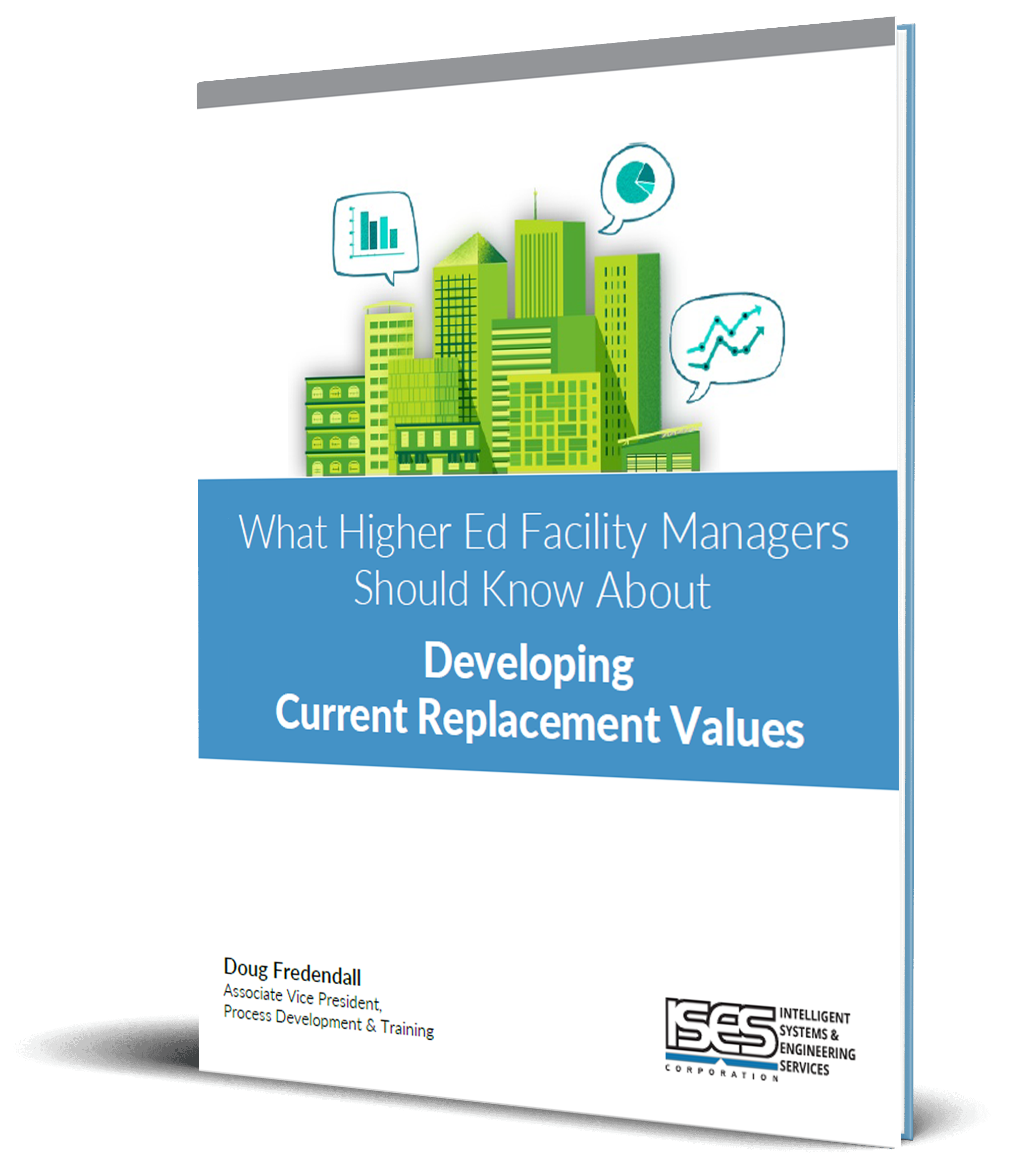This is the first in an occasional series on this topic.
Experienced Facilities Management professionals are intimately familiar with the topics of deferred maintenance, facility renewal and capital reinvestment in facilities. If you are new to the FM world, you will shortly become acquainted with the terms, like it or not.
Volumes have been devoted to the discussion of deferred maintenance. It has been the source of countless debates and discussions within the halls of facilities management. I have personally been associated with this industry for the past three decades. ISES has inspected over 60,000 facilities worldwide, encompassing more than 3 billion gross square feet. The result of my experience has led me to an inescapable conclusion: The debate over deferred maintenance is spurious and flawed and the terms of the debate need to be overhauled.
Why? First, the term itself. What is deferred maintenance? If you ask 20 people, you will likely receive at least 15 different answers. Most professionals are referring to the necessary renewal of facilities and their components (roofs, chillers, electrical systems, and the like), not the day-to-day activities that typically comprise maintenance. The debate generally revolves around funding of items at the capital level, not funding for routine operations.
When it comes to maintenance, I posit that there is no such thing as deferred maintenance. To paraphrase the Jedi Master Yoda, there is no deferral of maintenance – you either do it or you do it not. Maintenance is either skipped, or it is accomplished. You cannot catch up on a deferred preventive maintenance procedure. Either you did as scheduled, or you did not do it at all. When you next accomplish the task, you are merely accomplishing another iteration of a repetitive task. The skipped one is a missed opportunity for all time.
Do not misunderstand my point. Maintenance of facilities is an important task, one that is often ignored or curtailed. You cannot, however, defer maintenance. You perform it, or you skip the current cycle, picking up on a future maintenance activity.
Consider the practice of changing the oil in your vehicle. If your maintenance cycle calls for an oil change every 5,000 miles, and you do not perform the change at that point in time, you cannot catch up for this omission. When you finally get around to changing the oil, the clock starts on another 5,000 mile cycle. If you change it at 6,500 miles instead of 5,000, the next cycle will then be due at 11,500 miles, not at 10,000 miles. The added wear and tear on the engine for exceeding the lifecycle by 1,500 miles is now an irreversible fact. Changing the oil after another 3,500 miles (at the original 10,000 mile cycle) will not undo any damage caused by exceeding the lifecycle of the original oil.
That is the simple fact of maintenance performance. You do it or you don’t do it. If you choose to skip a recommended maintenance cycle, you are accepting that you have possibly shortened the capital lifespan of the serviced component, and, once that choice is made, it cannot be undone by increasing future maintenance expenditures.
So, if we are not really discussing deferral of maintenance, what exactly are we debating? The debate that has been flowing since the 1989 publication of The Decaying American Campus: A Ticking Time Bomb, by Sean C. Rush and Sandra L. Johnson, addresses facilities deferred renewal, not facilities deferred maintenance. Facilities renewal is the act of replacing (or renewing) building systems and components. This would include replacing a roof, cooling tower, lighting system, and so on. These items are typically considered capital expenditures; that is, they are items not normally part of a routine facilities operations budget. These capital expenditures, however, are the expenditures that can be deferred. You can defer replacement of a chiller for five years, accepting as the trade-off an increased workload on your maintenance staff in keeping the decrepit device operational past the end of its statistical life.
We have explored the difference between deferred maintenance and deferred renewal. In the next installment we will focus upon facilities renewal and the effects of deferring renewal both on facility condition and maintenance operations.


